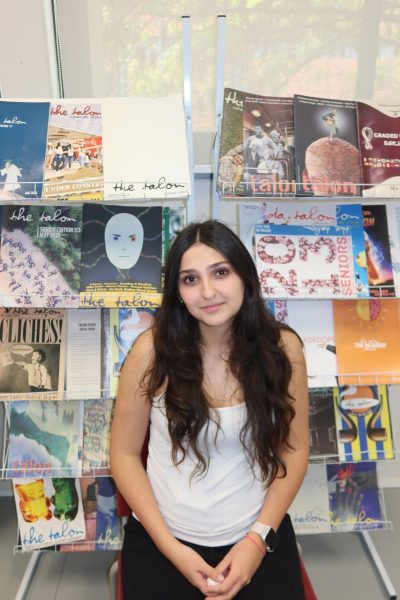In the past couple of years, people have been conspiring about the closing of libraries. With papers such as The Guardian talking about its decrease in revenue, it is unknown whether this will happen, since, after all, libraries are now, more than ever, being confronted by increasing e-book sales, new forms of digital media, and budget cuts due to digital competition. Still, libraries have continued to evolve.
Libraries, characterized by their quiet nature, which creates a perfect place to study, are generally known as a place that allows people to read books for free. But these days, they are becoming more than that by branching out. In the United States, for example, libraries are now offering programs related to technology, encouraging high school students to use their new technology to improve their communication and teamwork.
In 2014, the San Diego Public Central Library inaugurated the IDEA Lab. These labs are an intensive, interactive, and free-thinking environment where individuals from various backgrounds get together to submerge themselves in a group thinking process and construct innovative approaches to problems. There is usually a maximum of 30 people in the group who, by engaging with each other and their Director, develop research proposals: innovative and risk-taking investigations. The San Diego Central Library opened the lab to allow students the opportunity to explore new technology with the help and teamwork of their peers. The lab hired teen interns to run workshops on a diverse range of topics, which the individual may choose according to their interests. These interns also work with librarians to create activities that will give students experiences that relate to their future careers.
Similarly, at the beginning of 2015, librarians working in the Charlotte Mecklenburg Library in North Carolina created the Idea Box—an area where young people were invited to learn how to 3D model, 3D print, knit, and code. By creating learning opportunities for the youth, libraries are fostering possible interest in STEAM-related careers.
Not only have some libraries created opportunities for younger people, but others are working to make libraries more accessible for those who are homeless with a project called “traditional services” created back in 2014 to provide programs like pop-up libraries. Nonetheless, The Brooklyn Public Library had some setbacks like financial issues meaning that they’ve made cuts. During the 2011 economic downturn in the United States, The Detroit Public Library, for example, had to reduce its branch hours to 40 hours a week due to budgeting. They tried their best to remain open during the evenings and weekends to make it easier for people to visit the library. Currently, the library is economically stable, however, they have lost over two-thirds of their programs.
Ultimately, libraries will be more used and frequented due to the amazing services they have been providing to their community. According to our Graded librarian Mrs. Boerner, “many would be surprised, maybe shocked, by the services provided by libraries” such as, “literacy programs for children, access to the internet and computers, teen programs to keep young people off the street, support for new immigrants”, and “warmth from the weather for the homeless”. She also claims that “librarians are on the front line to fight censorship and promote the exchange of ideas. As societies become more and more polarized by the volumes of misinformation fed to us by social media, libraries play a crucial role in providing resources that support a range of ideas”.
Libraries are constantly being unrecognized for the good they do for our communities. However, considering their importance, they’ll never be eradicated, and, in conclusion, the smell and touch of a physical copy of a book will never compare to the words on a digital page. Graded is a great example of this since the library is constantly investing and buying new books to increase our expansive collection. From magazines to horror to biographies, our library is filled with amazing literature!
Source:
https://www.nytimes.com/2022/01/15/style/richard-macksey-library.html








